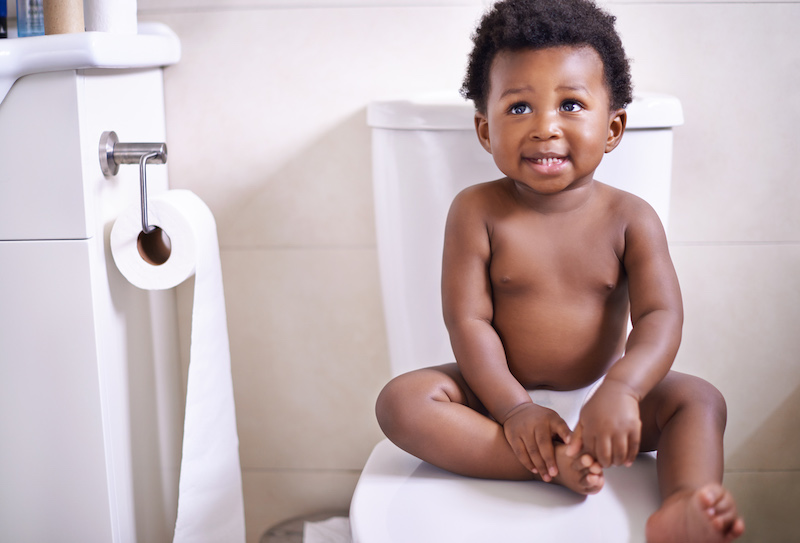Topics

Photo: Getty Images
Many children are easy to potty train and some even train themselves. Some wake up one day and start using the potty and never look back. However, for those parents who are having a more difficult time potty training their child and have not found luck with every other method of training, there is one other method to consider.
A mother recently told me, "I don't get it. We have done sticker charts, bribed her with her favorite toys, promised to do some of her favorite things, give her treats, but she still won't go on the potty. I know she can do it because she has done it before. Is there anything else you can think of?"
How about trying a completely different approach?
Meaning, after your child uses the potty, try to hold off on the applause, high-fives, cheering, sticker charting and treats. Just wipe, flush and move on with your day. If your child senses when she uses the potty it means so much to you, then perhaps it will become an eventual power struggle.
Toddlers and children do not have a lot of say into what goes on in their day. "Time to put your clothes on. We have to get in the car now." Indeed, parents should run the show. However, one of the things within their control, so to speak, is when and where they relieve their bladders and/or have bowel movements. So, if they sense your emotional state does not rest on their cooperation with the potty, they likely will not use it to hold power over you.
It’s important to remember toddlers who poop their pants feel like it is normal to them and maybe even good. It’s what they know, it’s not scary and it’s even comfortable. They don’t think about the stink or the mess, that’s someone else’s job and they are not concerned.
An additional tip is to make sure your child's feet are not dangling in the air while sitting on the potty and are braced up on top of a step stool to give them more leverage while relieving themselves. You will know your child is ready when they express interest, can communicate in some fashion that they need to use the toilet and can pull down their pants. If your child was using the potty but stopped for a little bit, then no worries, it will happen again. You know they are capable.
The American Academy of Pediatrics recommends potty training at age 2 ½ years. At this point, most children have the cognitive, gross motor, and fine motor skills as well as the ability to communicate at a level needed to potty train.
Of course, if all the cheering/applause/sticker charting/treats work, then feel free to stick with it. But sometimes it can be a relief to not have to go to such lengths.
Potty training can be very frustrating for parents. Please be careful to never abuse your child. Never hit them, never burn them or yell at them over potty training. Also, some kids can hold their stool for very long periods even to the point of impaction. If your child is one of these, talk to your pediatrician about the best way to navigate potty training. Also, dryness at night is not something you can train. If your child is still regularly wet at night you should continue to put them in a pull-up for sleep time.
You might also like